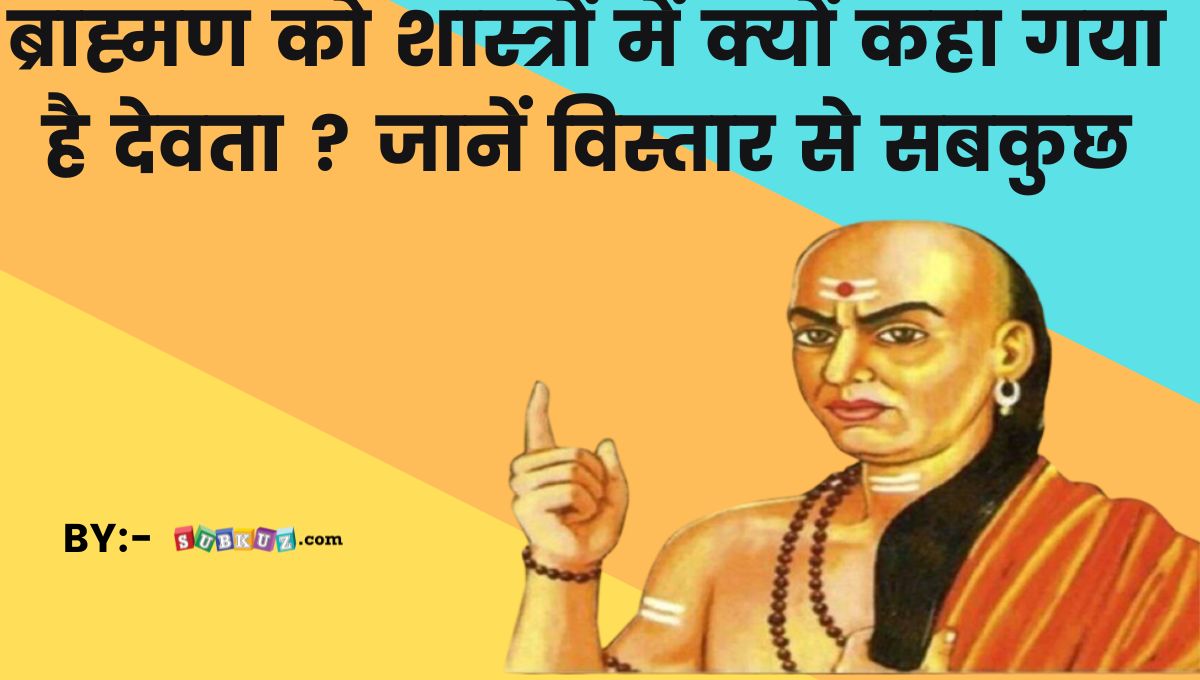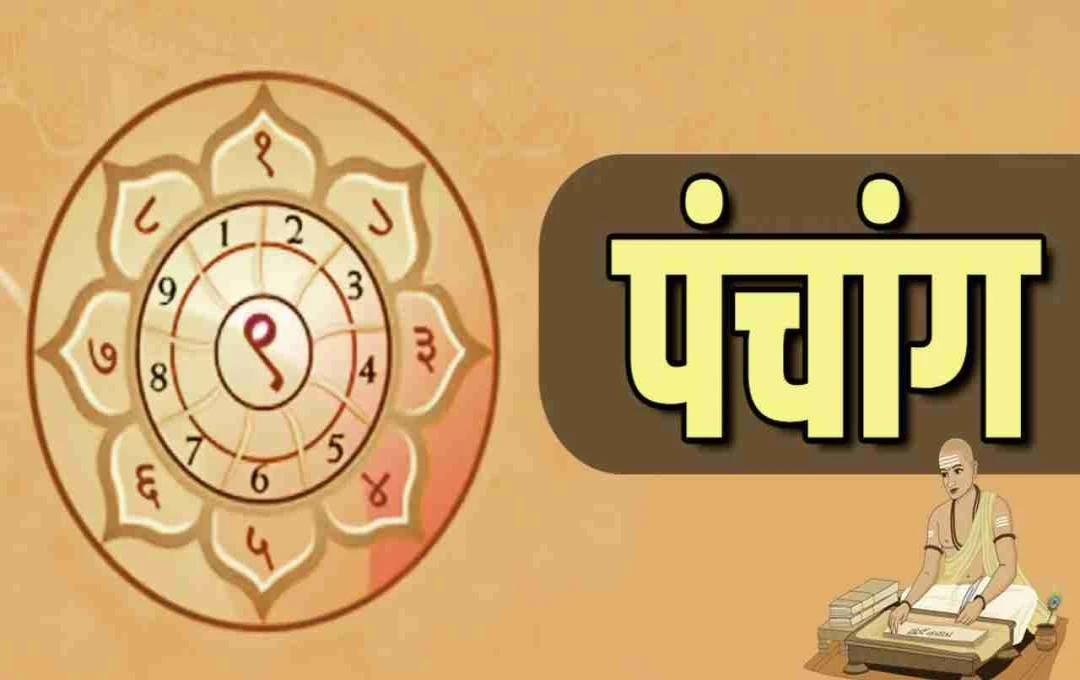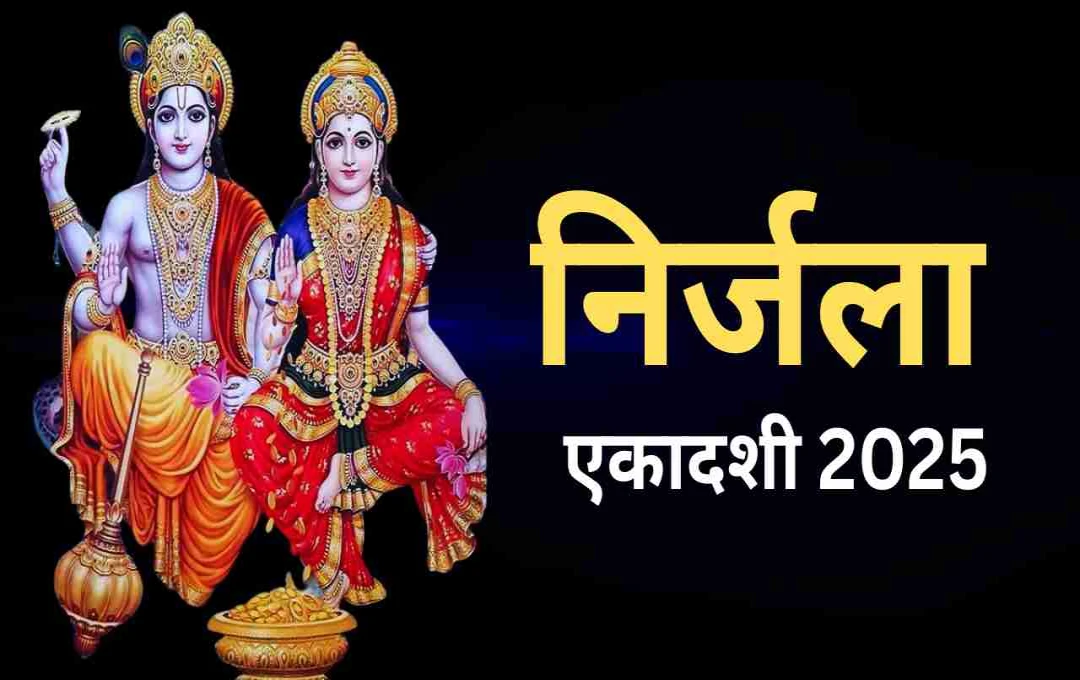Why are Brahmins considered deities in scriptures? A detailed look
Many of you will likely know that in Hinduism, Brahmins are considered no less than deities. They are viewed as worthy of reverence, comparable to other deities. However, many might wonder why Brahmins are considered divine. What is the reason behind this reverence? Why are Brahmins given such high regard? These questions continue to spark curiosity amongst new generations. Let us delve into what scriptures say about this topic.
Scriptural Perspectives
पृथिव्यां यानी तीर्थानि तानी तीर्थानि सागरे ।
सागरे सर्वतीर्थानि पादे विप्रस्य दक्षिणे ।।
चैत्रमाहात्मये तीर्थानि दक्षिणे पादे वेदास्तन्मुखमाश्रिताः ।
सर्वांगेष्वाश्रिता देवाः पूजितास्ते तदर्चया ।।
अव्यक्त रूपिणो विष्णोः स्वरूपं ब्राह्मणा भुवि ।
नावमान्या नो विरोधा कदाचिच्छुभमिच्छता ।।
According to the above verses, all the holy places (tirthas) on Earth converge in the ocean, and all the tirthas in the ocean reside in the right foot of a Brahmin. The four Vedas reside in their mouth. All the deities reside within their body. Therefore, it is believed that worshipping a Brahmin is equivalent to worshipping all deities. Brahmins are considered an embodiment of Vishnu on Earth. Those seeking well-being should never disrespect or oppose them.
देवाधीनाजगत्सर्वं मन्त्राधीनाश्च देवता:।
ते मन्त्रा: ब्राह्मणाधीना:तस्माद् ब्राह्मण देवता।
This further emphasizes the divine status of Brahmins, as the entire universe is under the control of deities, the deities are controlled by mantras, and the mantras are controlled by Brahmins.
ॐ जन्मना ब्राह्मणो, ज्ञेय:संस्कारैर्द्विज उच्चते।
विद्यया याति विप्रत्वं, त्रिभि:श्रोत्रिय लक्षणम्।।
A Brahmin is considered a Brahmin from birth. The term "dvija" (twice-born) is applied through rituals. Through study, one becomes a "vipra." Those purified through Vedic knowledge, mantras, and scriptures, and further sanctified through pilgrimages and other rituals, are considered supremely revered Brahmins.
ॐ पुराणकथको नित्यं, धर्माख्यानस्य सन्तति:।
अस्यैव दर्शनान्नित्यं ,अश्वमेधादिजं फलम्।।

Brahmins who are devoted to gurus, deities, parents, and guests, and who guide others on the path of devotion, who consistently narrate ancient stories and promote dharma, are said to reap the rewards equivalent to performing an Ashwamedha yagna (a large Vedic sacrifice) by simply being in their presence. In ancient narratives, Bhishma Maharaj once questioned Pulatsya about attaining divinity, happiness, wealth, fame, victory, enjoyment, health, long life, wisdom, prosperity, children, and relationships. Pulatsya replied that Brahmins, endowed with knowledge and prosperity, are revered in all three worlds and all ages. They are the deities of the deities, unique in the world, embodiments of dharma, and guides to liberation. Brahmins are the revered teachers, objects of worship, and embodiments of pilgrimage destinations.
Brahmins are often compared to a conduit for Vishnu. Serving Brahmins is believed to be akin to performing many sacrifices. A Brahmin's presence in a home purifies it; giving them offerings brings blessings. Their blessing ensures a long life, prosperity, and avoidance of suffering.
ॐ न विप्रपादोदककर्दमानि,
न वेदशास्त्रप्रतिघोषितानि!
स्वाहास्नधास्वस्तिविवर्जितानि,
श्मशानतुल्यानि गृहाणि तानि।।
Homes lacking the blessings of Brahmin's presence, Vedic teachings, and auspicious rituals are as desolate as a cremation ground, even if physically magnificent. Brahmins are essential in rites like ancestral ceremonies, marriages, fire rituals, and other auspicious events. Deities consume offerings made through the Brahmin, and without them, such rituals are incomplete.
Where Brahmins are not honored with food, demons, ghosts, and other malevolent beings consume it. Respect, reverence, and greetings are crucial. A Brahmin's blessing brings longevity. Disrespecting them, conversely, shortens one's life, bringing hardship and negativity in the afterlife.
चौ- पूजिय विप्र सकल गुनहीना।
शूद्र न गुनगन ग्यान प्रवीणा।।
कवच अभेद्य विप्र गुरु पूजा।
एहिसम विजयउपाय न दूजा।।
रामचरित मानस में कहा गया है
ॐ नमो ब्रम्हण्यदेवाय,
गोब्राम्हणहिताय च।
जगद्धिताय कृष्णाय,
गोविन्दाय नमोनमः।।
The Ramacharit Manas praises the protection of cows and Brahmins. Their sacred feet are equated with divinity, reflecting their esteemed position. They are the embodiment of knowledge, devotion, sacrifice, and dharma. Their presence symbolizes strength, prowess, and righteous action. They are a unique part of creation, embodiments of divine knowledge and strength. They are not limited by caste or dogma; they embody divinity in human form, carrying knowledge like Saraswati, and protecting from harm like a warrior. They are humble, like Sudama, and resolute in sacrifice, like Dadhichi. They are like Lord Shiva, present in challenging circumstances, and instrumental in safeguarding truth. Brahmins are the embodiment of the supreme reality, Rama himself.
``` (Continued in subsequent sections if necessary)







